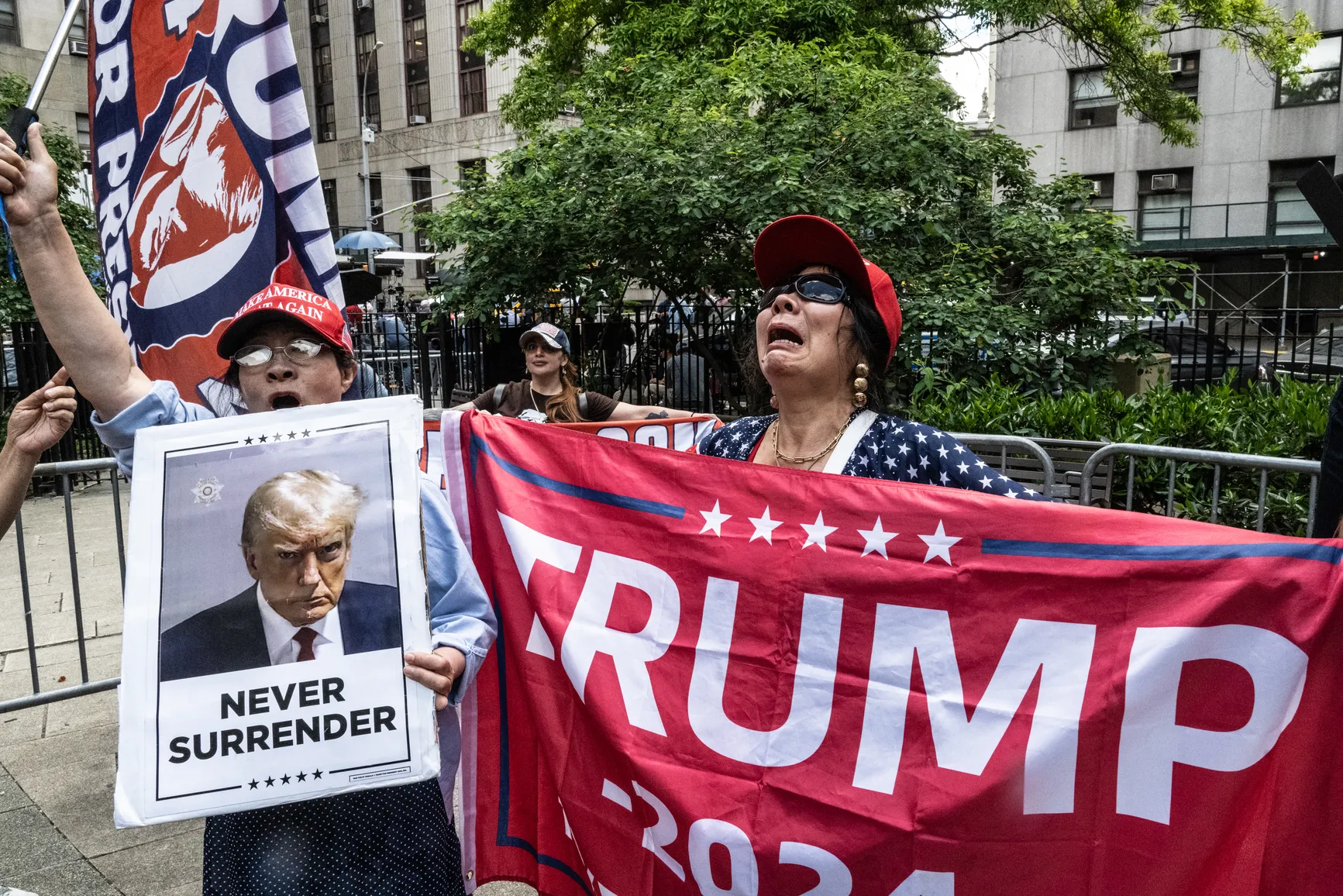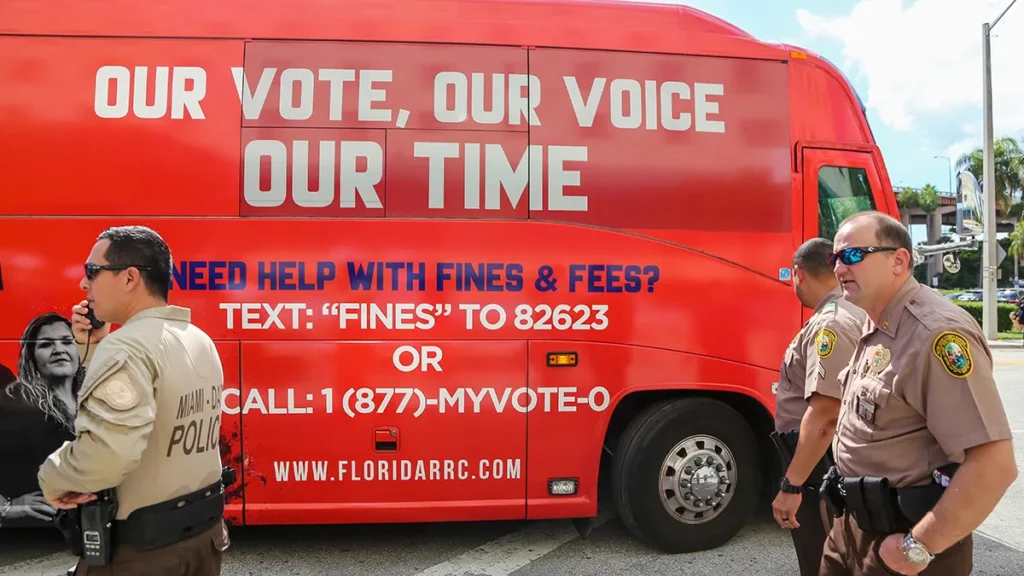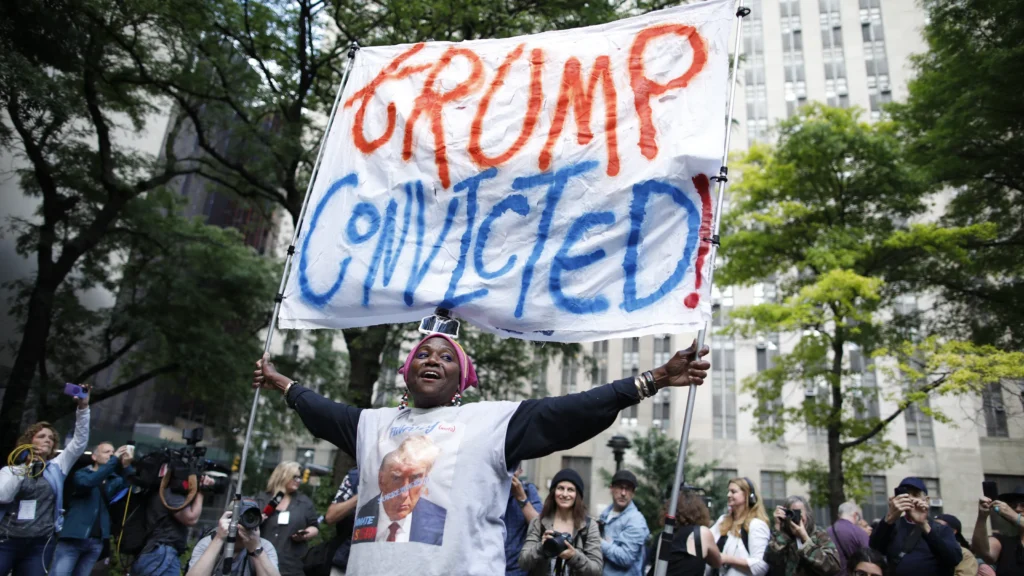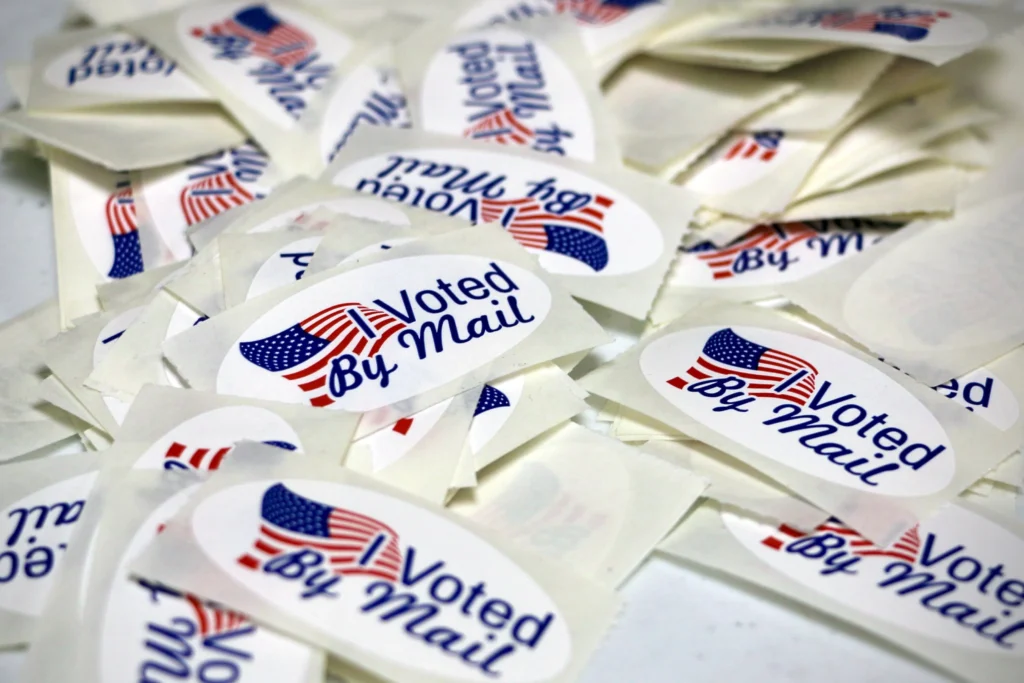
Can a convicted felon run for President? It’s happened before
Mithas
- 0
Convicted Felon Run For President
Can a convicted felon run for President? This question has been a topic of debate and speculation for many years. The idea of a former felon potentially holding the highest office in the United States raises numerous legal, ethical, and practical concerns. While the Constitution outlines specific requirements for presidential candidates, the issue of criminal history and its impact on eligibility is not explicitly addressed. We will explore the constitutional requirements for the presidency, the implications of felony convictions on political rights, historical precedents and legal interpretations, and the role of public perception and the electoral process in determining whether a convicted felon can run for President.

Understanding the Constitutional Requirements for the Presidency
The U.S. Constitution sets forth specific qualifications that one must meet to be eligible for the office of the President. These criteria, as detailed in Article II, Section 1, are straightforward: one must be a natural-born citizen of the United States, at least 35 years of age, and have resided in the U.S. for a minimum of 14 years.

Can a convicted felon run for President However, the Constitution does not address whether a history of felony convictions disqualifies an individual from pursuing the presidency. This omission has sparked considerable legal debate and discussion over the years. The absence of explicit language concerning felony convictions leaves a grey area, leading to differing opinions.
While some interpret this silence as an implicit allowance for convicted felons to run, others argue that the founding fathers’ intent and the moral standards expected of the highest office might disqualify individuals with such backgrounds. This debate underscores the ambiguity and complexity surrounding the eligibility criteria for presidential candidates beyond the explicit constitutional requirements.
The Impact of Felony Convictions on Political Rights

Felony convictions carry weighty repercussions for individuals’ participation in the political landscape, often resulting in disenfranchisement and barring them from voting or seeking public office across various states.
Can a convicted felon run for President This significant curtailment of political rights raises questions about the extent to which these penalties should influence eligibility for the nation’s highest office. While state laws disqualify felons from holding local or state public positions, applying these restrictions to the presidency is more complex. The Constitution’s ambiguity fuels ongoing debate among legal scholars and political theorists.
They ponder whether the dramatic silence on the issue signifies an open door for individuals with criminal records to pursue the presidency, challenging conventional views on leadership suitability. This ongoing discourse highlights a critical examination of the balance between upholding moral standards in political leadership and adhering to the foundational principles of redemption and second chances within the democratic framework.
Historical Precedents and Legal Interpretations

Historical precedents regarding convicted felons running for President are notably scarce, reflecting the rarity and contentiousness of such occurrences. However, the broader landscape of American political history does provide instances where individuals with checkered pasts, if not outright felony convictions, have aspired to or achieved high political office, challenging the prevailing norms of eligibility and acceptability.
Can a convicted felon run for President Legal experts often note that the Constitution’s silence on felony convictions for presidential eligibility has led to diverse interpretations. This absence of prohibition implicitly allows for underlining the principle of a second chance and the concept of paying one’s debt to society. Others contend that the framers’ failure to specify could reflect an oversight rather than an intentional allowance.
The debate is further complicated by varying state laws on felon disenfranchisement and candidacy for office, which, while not directly applicable to federal elections, influence public and political discourse on the subject.
This complex interplay between historical examples and legal ambiguities fuels discussions on the potential for a convicted felon’s candidacy for the presidency, showcasing the evolving nature of American democracy and its values.
The Role of Public Perception and the Electoral Process

The intertwining of public perception and the electoral process presents a unique challenge for convicted felons aspiring to the presidency. Society’s expectations for leaders are undeniably high, with a premium on integrity and moral character.
A history of criminal behaviour, regardless of subsequent redemption or rehabilitation, may tarnish a candidate’s appeal, casting long shadows over their suitability for office. Moreover, the political machinery, including parties and strategists, often weighs the potential fallout of backing a candidate with a felony conviction heavily. Their support is crucial, not just for the legitimacy it confers but also for the resources and organizational power it brings.
Can a convicted felon run for President In this intricate dance of public opinion and electoral strategy, the journey of a felon to the Oval Office is fraught with obstacles, both in garnering necessary political backing and in winning the hearts and minds of the electorate. This dynamic underscores these factors’ pivotal role in shaping the feasibility of such candidacies beyond the mere legal eligibility to run.
Conclusion and Final Thoughts

Wrapping up, the pathway for a convicted felon to the presidency is shrouded in constitutional silence, leaving much to societal norms and legal interpretation. The lack of explicit prohibitions within the U.S. Constitution juxtaposes the significant barriers posed by societal expectations and the intricacies of the electoral system.
Although historical instances and legal debates offer glimpses into potential scenarios, they also underscore the complexities of reconciling redemption and leadership in the context of the presidency. The ultimate judgment on such a candidacy rests within the legal framework, the court of public opinion, and the electoral mechanism.
As discussions evolve, they reflect broader questions about forgiveness, change, and the qualities deemed essential for leadership, highlighting the ongoing dialogue about democracy’s principles and the nature of its leaders.
